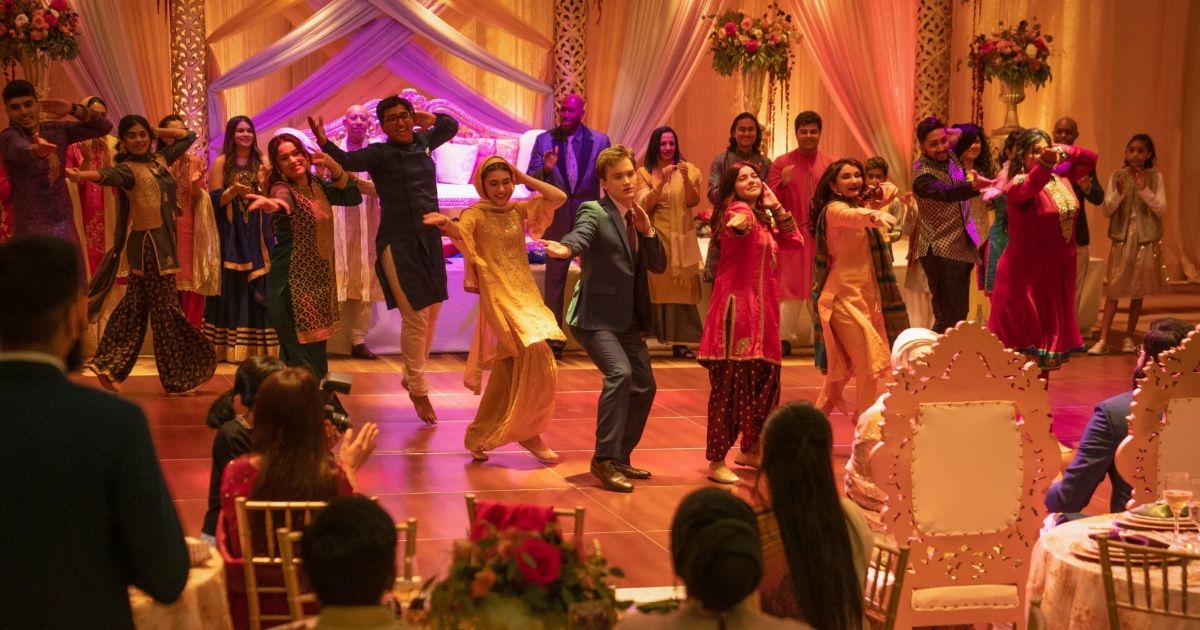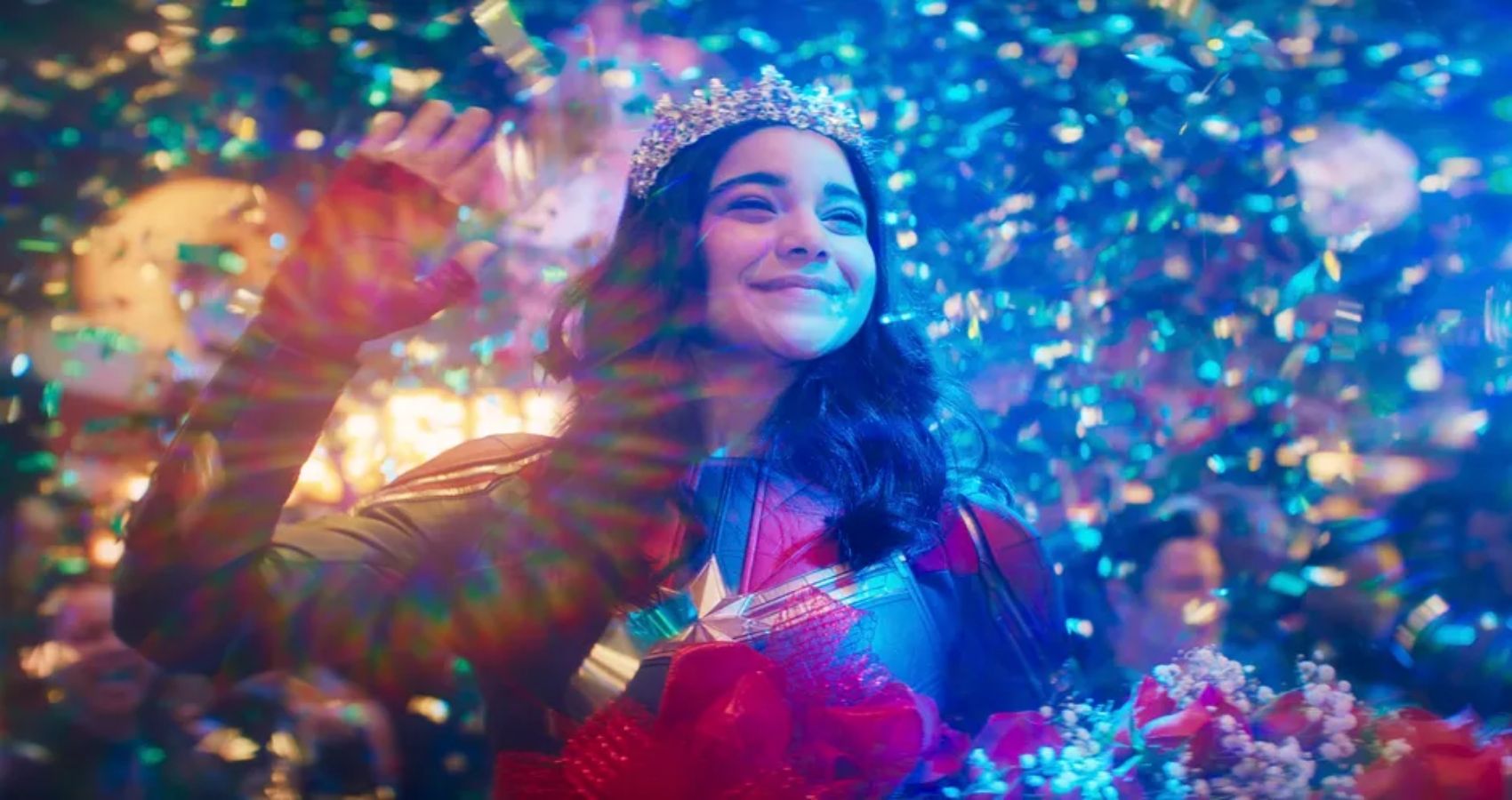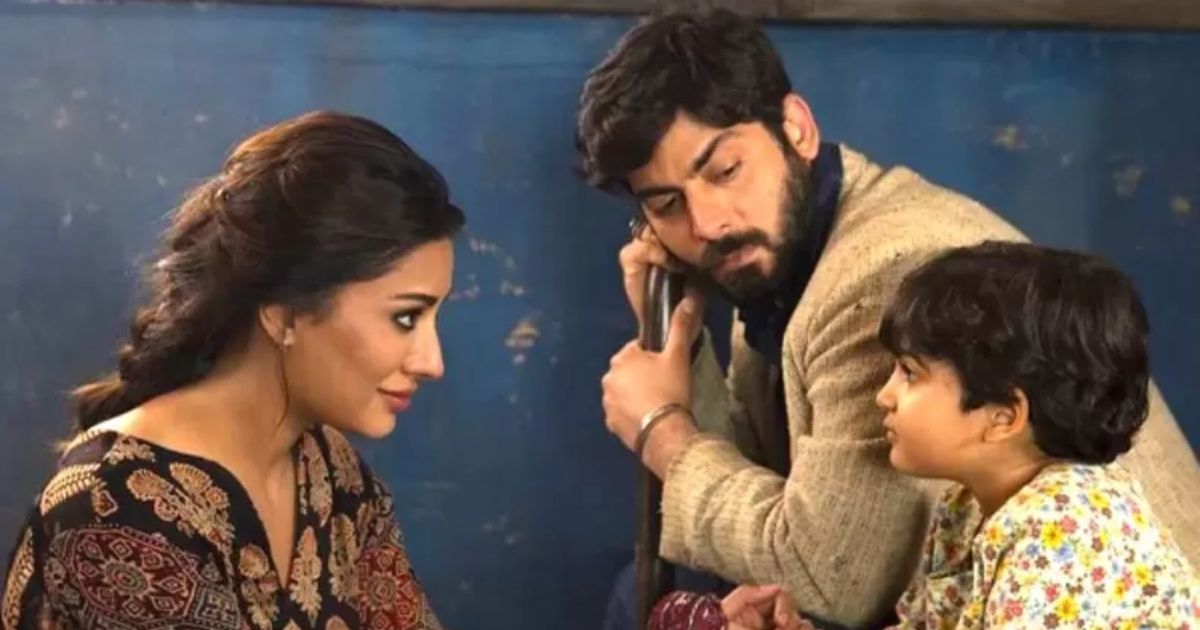In the fourth episode of the Disney+ Ms. Marvel series, Kamala Khan’s (played by Pakistani-Canadian Iman Vellani) grandmother talks about how her roots belong to both Pakistan and India. However, her identity has been fragmented by the colonial powers that exploited her people for almost two centuries. Many, including the current generations of both these countries, do not realise how similar and overlapping desi cultures are, all in their glory and flaws.
Ms. Marvel introduces Kamala to the world, a brown superhero from New Jersey. We get to witness the reality of what it means to be a second-generation Muslim-American teenager who also has her desi roots to deal with, along with figuring out her superpowers. The fourth phase of Marvel has already taken certain leaps with representation that was missing even a few years ago when most of the MCU discourse surrounded better representation of female characters and emerging out of the “Smurfette” trope narrative. With Ms. Marvel, desi fans can rejoice at this both on and off-screen.
Here we get to see certain aspects of desi cultural practices that often get vilified in pop culture, if not entirely overlooked. From portraying mosques as places where communities come together to pray and preserve their traditional identities to teekhi golgappas (a kind of spicy street food popular all over India and Pakistan and often called by different regional names) that can make you sweat, Ms. Marvel has gone all out in celebrating all things desi in front of the world. And here’s why it matters!
A Celebration of All Things Desi
The best thing about Kamala Khan is that she discovers her superpowers without a tragic event happening to her. But even though she may not have had her own tragedy, she has generational trauma to contend with, brought upon by the Partition, her heritage.
Her inheritance is mired with tragedy, mixed with mythology that has survived generations of oral storytelling traditions but also tells a story of resilience. Her powers unlock after she puts on her great-grandmother’s bracelet that is covered with cryptic Urdu words that might be the key to unlocking the Noor (‘noor’ literally means Divine light in Urdu) dimension where her great-grandmother and the other Djinns entered Earth. Whether Pakistani or Indian, many have grown up hearing stories about Djinns, invisible spirits who can either be good or evil and take the form of humans or other creatures. MCU has had angels, devils, and mutants of all kinds before this and now even has Djinns in their multiverse canonically.
Even leaving aside the myths of Southeast Asia, the show captures the nitty gritties of regular people belonging to the diaspora with an eye that obviously belongs to someone who shares similar lived experiences. That is not surprising given the series has been created by British-Canadian screenwriter and stand-up comic Bisha K. Ali, and the episodes have been directed by the likes of Indian-American filmmaker Meera Menon, Pakistani-Canadian filmmaker Sharmeen Obaid-Chinoy, and Belgian-Moroccan duo Adil & Bilall.
This is not about getting Western validation for desi cultures. With shows like Ms. Marvel and Bridgerton, Western pop culture is finally acknowledging the reality of a multicultural world and catering to the desires of those who do not always relate to the white, dominant perspective of existence. And it matters. Kamala’s parents are shown as this realistic blend of progressive yet conservative in their own ways regarding showing love and being protective. Even small things like making a younger cousin wear the Hulk kurta at Aamir and Tyesha’s wedding, the one that Kamala’s mother wanted her to wear to the AvengerCon so that the costume doesn’t go to waste, speaks of our community’s sustainable tendency to reuse and repurpose old things in new ways.
The Beauty of Ms. Marvel’s Music
One cannot gush over the representation in Ms. Marvel without mentioning how marvelous the music selection has been so far in the series. We have already heard everyone from bringing Swet Shop Boys to Shae Gill, Ali Sethi, Ritviz, old Bollywood, and Pakistan’s hijab-wearing rapper Eva B who is essentially one of the coolest sounds you can hear on Coke Studio. This show has been a cultural reset in itself, bringing traditional classical, folk, Sufi, qawwali, ghazal, and bhangra music to contemporary hip hop, rock, and pop music under the same roof. There are legends like Abida Parveen and Naseebo Lal on the show as well. Who knows, maybe we can get a Meesha Safi melody in the next episode!
This series can make any desi heart want to get up and shake a leg along with the Khans, friends, and family. We have been jamming, headbanging, and swaying to songs like ‘Peechay Hutt,’ ‘Pasoori,’ to ‘Sage’ on loop for weeks now, and now so can the world.
The Minor Disappointments of MS. Marvel
Despite everything it gets right, Ms. Marvel suffers the same fate as most MCU TV shows: patchy writing, inconsistent subplots, and clumsily choreographed fight sequences. The show often mislabels Hindi as Urdu in several parts. The staccato delivery of the Hindi and even Urdu dialogues in some parts will feel inauthentic to anyone who knows the languages. The inconsistency of the accents of several of the characters Kamala meets in Pakistan is also rather jarring. The use of the Partition as a historical backdrop in the show can also come across as rather heavy-handed, with some of the elaborate sets of the chaotic train station giving more of a tableau feel.
The guest appearance by Bollywood actor and filmmaker Farhan Akhtar (Waleed, the leader of the Red Daggers) definitely left much to be desired, unlike Fawad Khan’s (Hasan, Kamala's great-grandfather), who delivers a lot more with the role he gets to work with. Because Fawad Khan also has a heartthrob status, his MCU cameo was eagerly awaited among desi fans, which is why having more scenes with him later in the series would definitely not hurt. But with one more episode to go, it does not seem that likely.



